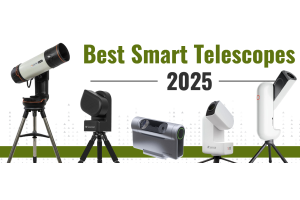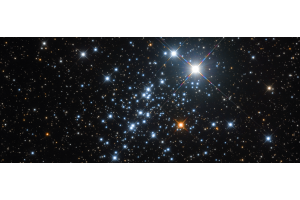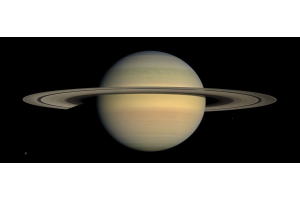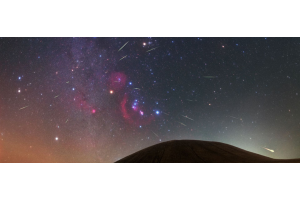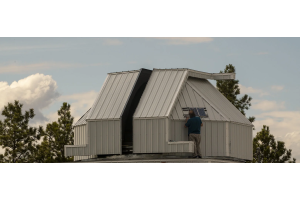kids
Kids exploring astronomy can be like launching a rocket—full of excitement, unpredictable trajectories, and sometimes, a few unexpected moon landings (metaphorically speaking, of course!). Their questions shoot across the sky faster than a shooting star, leaving adults orbiting their curiosity like celestial satellites. They might see a constellation and name it "The Ice Cream Sundae" or find a galaxy and claim it's where aliens hide their homework.
Let's not forget their theories about black holes being cosmic vacuum cleaners for lost socks! Kids and the cosmos—an enchanting pairing sparks curiosity and ignites a passion for the above mysteries. Introducing young minds to astronomy is like handing them the keys to a universe of wonder and exploration.
First things first—let's make stargazing an adventure! Set the stage by turning off lights, finding a cozy spot, and letting the night sky be the main event. Telescopes are fantastic tools, but the naked eye is a great start. Look for constellations—connect the dots to make mythical creatures or heroes. Orion the Hunter or Ursa Major's Big Dipper can be your guides!
Planets! These celestial wanderers are like our cosmic neighbors. Point out Venus—the "evening star" that shines brightly in the west after sunset. Mars, with its reddish hue, might spark thoughts of alien landscapes. Don't forget the Moon ! It's Earth's buddy in the sky, and its changing phases are like a celestial magic trick. Spot craters with binoculars or a telescope. Share myths and legends from different cultures. The Greeks had tales about Orion and his epic battles, while Indigenous stories might see shapes and stories unique to their traditions. Explore apps or books that simplify astronomy concepts. Make it hands-on—build a model solar system with fruits or balls, showcasing the vastness of space.
And remember, space exploration is ongoing! Share news about rockets, astronauts, and discoveries. One day, these young stargazers will reach for the stars themselves! But amidst their cosmic whimsy lies an incredible curiosity that sparks supernova-sized imaginations. Their wide-eyed wonder turns a routine night into an interstellar adventure, where every star is a potential spaceship and each planet a land of fantastical possibilities. So, while kids exploring astronomy may be like riding a comet—fast, exhilarating, and occasionally unpredictable—remember, this cosmic curiosity often launches future astronomers and dreamers into the boundless universe of discovery! Astronomy is the gateway to curiosity and imagination. So, grab a telescope or just a blanket, and let's journey into the stars together!
By sharing the magic of the night sky with the young ones, we're not just unveiling the mysteries of space; we're nurturing their inquisitive spirits and inspiring future explorers. Exploring astronomy with kids is a beautiful journey that fosters curiosity, sparks imagination, and creates lasting memories under the stars. Introducing young minds to the wonders of the universe through stargazing sessions, telescope adventures, and celestial stories is more than just learning about the cosmos—instilling a sense of wonder and igniting a lifelong love for science and discovery. Continue to inspire curiosity and illuminate the path to discovery for future generations. Keep looking up!

Stress the importance of only looking directly at the sun with proper eye protection. Explain to kids why looking at the sun without protection is dangerous.Eclipse glassesare certified to meet safety standards and are essential for safe viewing.
Wrangling kids for anything can be like herding comets, but for this celestial show, they're as still as moons in orbit, eyes glued to the sky. They've got questions firing like rockets—"Why's the Sun playing hide-and-seek?!" and "How come it's like wearing sunglasses at night?!" You're the cosmic commentator, spinning tales about the Moon photobombing the Sun's selfie.
It's the eclipse day, and you've become the orchestrator of a celestial wonder. Gather your young astronauts because the curtain is about to rise! The cosmic theater is poised for an extraordinary event—the solar eclipse! Despite the spectacle, they remain as serene as satellites, their eyes twinkling like stars as they peer skyward. Inquiries dart through the air as swiftly as meteors—"Why is the Sun hiding?" and "How can the Moon cloak the Sun's brilliance?" You are the conductor of this cosmic symphony, spinning tales about the Moon's stealthy cameo in the Sun's limelight. And just as the excitement peaks, the Sun takes its cosmic siesta, the world dims, and gasps blend with cheers in a cosmic harmony.
Are you intrigued by the solar eclipse's unfolding drama? Gaze at the Sun using specially designed eclipse glasses or a safe solar viewer like Solar Glasses. Picture this: during daylight hours, our celestial companion, the Moon, decides to cast its shadow over the Sun. The world dips into a subtle darkness, painting the sky with a twilight hue! It's comparable to witnessing the Sun taking a brief respite, crafting a breathtaking spectacle that transforms day into a mesmerizing twilight adventure.
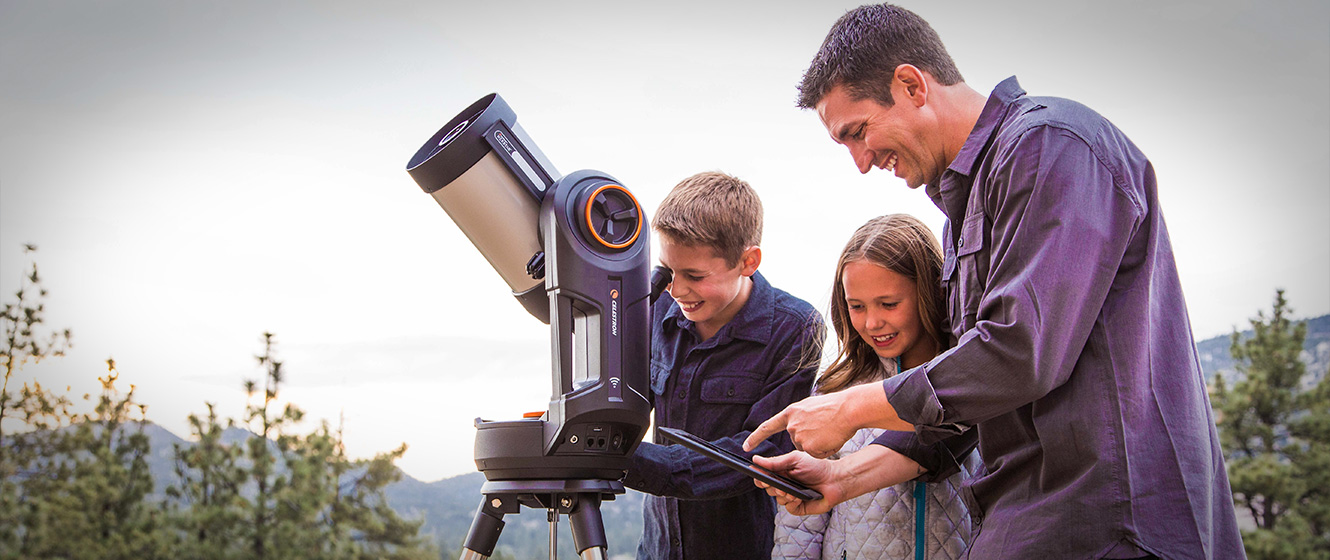
Exploring the cosmos with the best telescope for kids is fun with family as well. Imagine young stargazers quickly exploring planets, moons, and distant galaxies from Celestron NexStar 4SE Computerized Telescope. An incredible choice for young astronomers is the Celestron StarSense Explorer DX 102AZ Refractor Telescope because this telescope will serve as a personal guide to the stars.
Are you looking for a telescope that would grow with your child? Celestron 8" NexStar Evolution Computerized Telescope is precise and portable; Kids can use the included controller or connect to the Celestron SkyPortal app for a seamless stargazing experience.
Let your curiosity be your guide, and may the stars always inspire you to dream big, seek knowledge, and embrace the infinite beauty of our cosmic playground. Happy stargazing, young astronomers—your cosmic adventures have just begun!


